Our Work
We are a cross-party network, providing a single national voice for our district and unitary member councils
The DCN delivers value for our members by:
-
- supporting our councils and being advocates for the work they do and the challenges they face
- facilitating collaboration, networking and access to information across all our councils
- influencing central government and the outside world to deliver the right national policy and funding framework for our councils to deliver the best possible services to residents
- producing evidence-based research on the key issues facing our councils and wider local government
Strategic Priorities
DCN has four strategic priorities which are the basis for our lobbying and research work
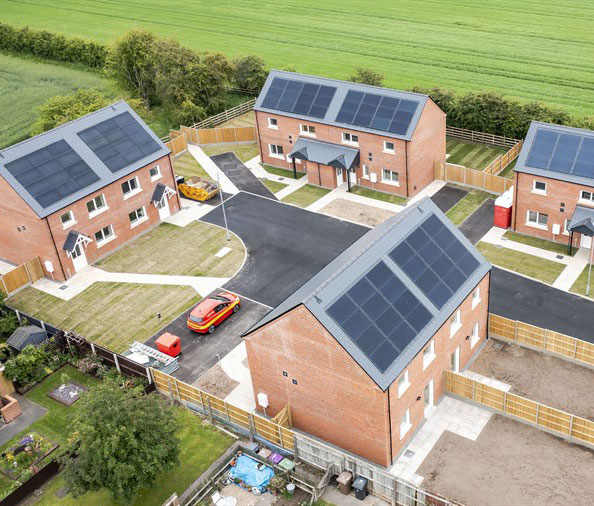
Environment, Net Zero and Sustainability
Our guardianship of the local environment contributes to the protection of the global environment

Finance and Investment
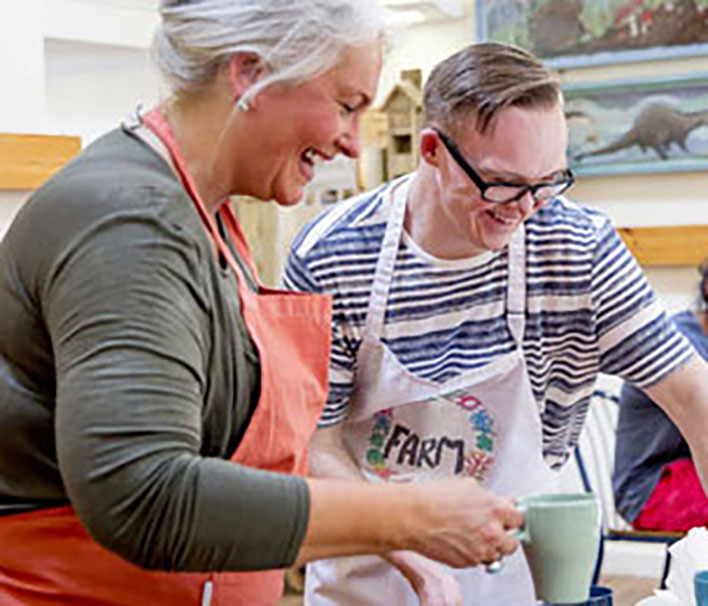
Health, Housing and Hardship
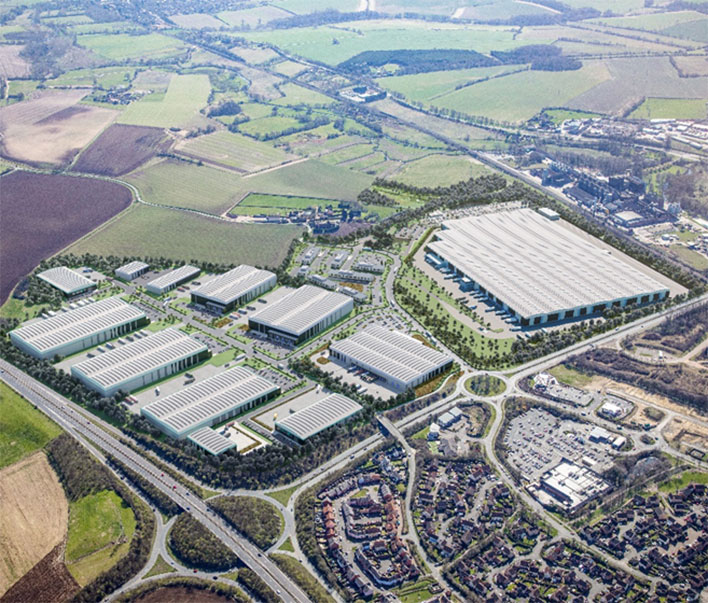
Regeneration and Growth
District councils have a pivotal role in driving regeneration and economic development
Parliamentary work

APPG for District Councils
The APPG for District Councils seeks to promote district councils in parliament.
Reports
You can find here research undertaken or commissioned by DCN on the issues that matter most to our members
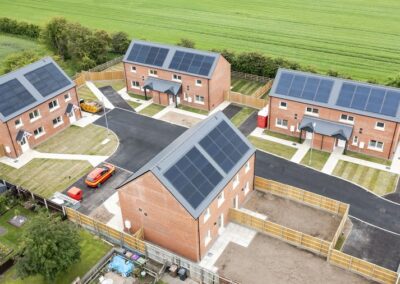
Empowered councils can deliver net zero and clean growth

Fit For the Future: The Health Value of Wellbeing and Leisure Services
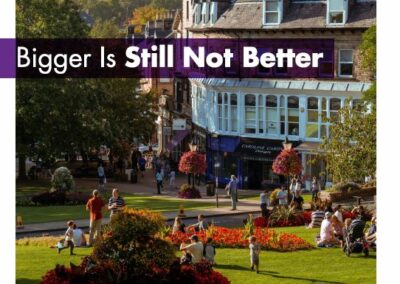
Bigger is still Not Better – a report by Professor Colin Copus

Levelling up towns and cities in non- metropolitan England: Principles for county devolution
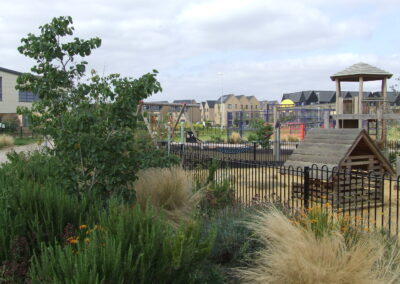
Levelling up places: A series of case studies demonstrating districts’ power in place
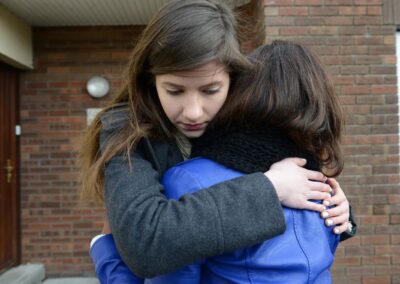
Building back better – leaving no-one behind

District councils and the Private Rented Sector


